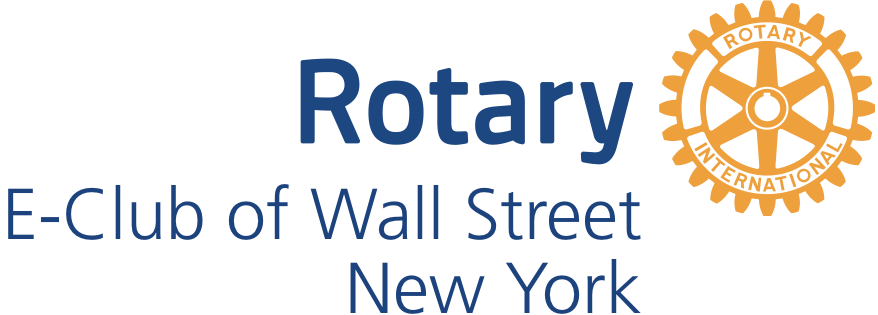Join us on Wednesday, January 25 to hear Marc Jonas Block, Esq. speak about Cybersquatting.
Time: 5:45pm registration starts, 6:00pm meeting starts
Place: The Downtown Association, 60 Pine Street
Cost: $25 per person; $20 member of Rotary Club of Wall Street
Includes: Wine, Cheese, and some snacks (soft drinks available)
Business dress required (no jeans)
Overview:
Cybersquatting (also known as domain squatting), is registering, trafficking in, or using a domain name with bad faith intent to profit from the goodwill of a trademark belonging to someone else. Cybersquatters, after registering a domain usually offer to sell the domain to the person or company who owns a trademark contained within the domain at an inflated price. Some cybersquatters put up derogatory remarks about the person or company the domain is meant to represent in an effort to encourage the subject to buy the domain from them. Others post paid links via Google, Yahoo!, Ask.com and other paid advertising networks to the actual site that the user likely wanted, thus monetizing their squatting.
Example: After the announcement of the merger of Exxon and Modil, hundreds of domain name were registered playing on the join names in the hopes of forcing the new company to buy the domain names.
There are two primary methods for an individual or company to combat cybersquatters.
The first is arbitration. Most, if not all domain-name providers require registrants to agree to arbitration if a dispute arises as to the registered domain under the Uniform Domain Name Resolution Policy (UDRP) process developed by the Internet Corporation for Assigned Names and Numbers (ICANN). Thus, domain name disputes involving alleged bad-faith registration are typically resolved in arbitration. A UDRP complaint may be initiated at UDRP proceeding with an approved dispute resolution service provider. A victim of cybersquatting may also file an InterNIC Registrar Problem Report regarding a cybersquatter posing as a registrar. Under UDRP policy, successful complainants can have the names deleted or transferred to their ownership (which means paying regular renewal fees on all the names or risk their being registered by someone else).
Critics claim that the UDRP process favors large corporations and that their decisions often go beyond the rules and intent of the dispute resolution policy.
The second is the court system. The Anticybersquatting Consumer Protection Act (ACPA), 15 U.S.C. § 1125(d), was enacted in 1999 and established a federal cause of action for registering, trafficking in, or using a domain name confusingly similar to, or dilutive of, a trademark or personal name. The law was designed to thwart cybersquatters who register Internet domain names containing trademarks with no intention of creating a legitimate web site, but instead plan to sell the domain name to the trademark owner or a third party. Under the ACPA, a cybersquatter can be held liable for actual damages or statutory damages in the amount of a maximum of $100,000 for each name found to be in violation, although application of this act in the form of actual fines assessed are few in number.
Critics of the ACPA complain about the non-global scope of the Act and its potential to restrict free speech, while others refute these complaints.
People often choose the UDRP because it is usually quicker and cheaper ($2,000 to $3,000 in costs and fees vs. $10,000 or more) than going to court, but courts can and often do overrule UDRP decisions. In Virtual Works, Inc. v. Volkswagen of America, Inc. (a dispute over the domain vw.net), the Fourth Circuit Court of Appeals created a common law requirement that the cybersquatter must exhibit a bad faith intent in order to confer liability. This means that domain names bearing close resemblance to trademarked names are not per se impermissible. Rather, the domain name must have been registered with the bad faith intent to later sell it to the trademark holder. This “bad faith” concept is reiterated in 15 U.S.C. § 1125 and U.S.C. § 1129.
Marc Jonas Block, Esq.
Kucker & Bruh LLP
